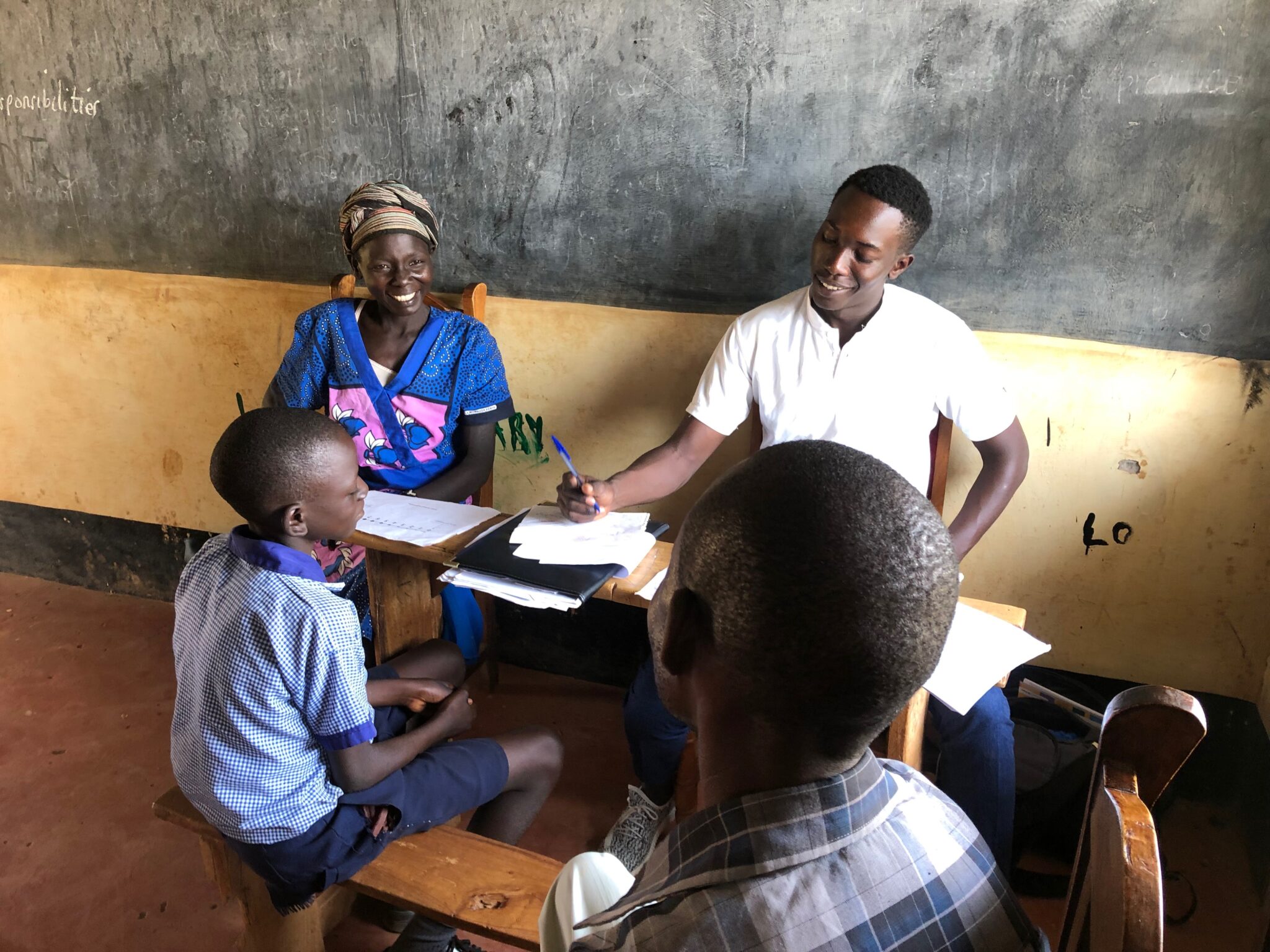Demand for Education in Kenya

Photo Credit: Stephanie Bonds
Study Context
Secondary school dropout rates are high in low-income countries, and information gaps about school characteristics may be an important contributing factor. If school choices are made with imperfect information, households may choose schools that are too expensive, not a good fit academically, or too costly to commute to, increasing the likelihood of the students dropping out. These information gaps may be further exacerbated when students and parents fail to communicate before making high stakes schooling decisions. I study the importance of these information and communication gaps in the transition from primary to secondary school using a field experiment with 3,000 Kenyan students and their parents.
Study Design
The intervention consisted of an informational meeting for 8th graders before they applied to secondary school, and randomly varied whether the parent participated in the meeting for a facilitated conversation with the student. Informational meetings with students led them to apply to more commutable schools without compromising school quality. Moreover, including the parents in these meetings improved parental knowledge about costs and led to better alignment of school preferences between the students and their parents. This ultimately led students to enroll in lower cost schools, generating meaningful savings, particularly for low income households.
Results and Policy Lessons
An ongoing follow-up research project explores how access to schooling in low-income contexts has been impacted during the Covid-19 pandemic and the consequences for educational outcomes. Following Covid-19 related school closures in Kenya, a sample of 3,000 Kenyan primary school students were surveyed to measure access to remote learning materials. The study produced evidence suggesting that while gender gaps in schooling access may be closing at the primary school level, there may still be significant gaps in equality by socio-economic status that are particularly exacerbated during out of school periods such as Covid-19.
Additionally, access to internet-based educational technology platforms was higher for students from higher income households due to differential ownership of smartphones and computers, suggesting that such tools could potentially widen the inequality in educational access. SMS-based learning tools were equally accessible to students across all income groups, highlighting their potential for making access more equitable. Next steps aim to assess the effectiveness of SMS-based educational platforms on educational outcomes using a field experiment in Kenya that provides a low-cost SMS intervention during school breaks and evaluates the effects on test score outcomes and high school readiness.

